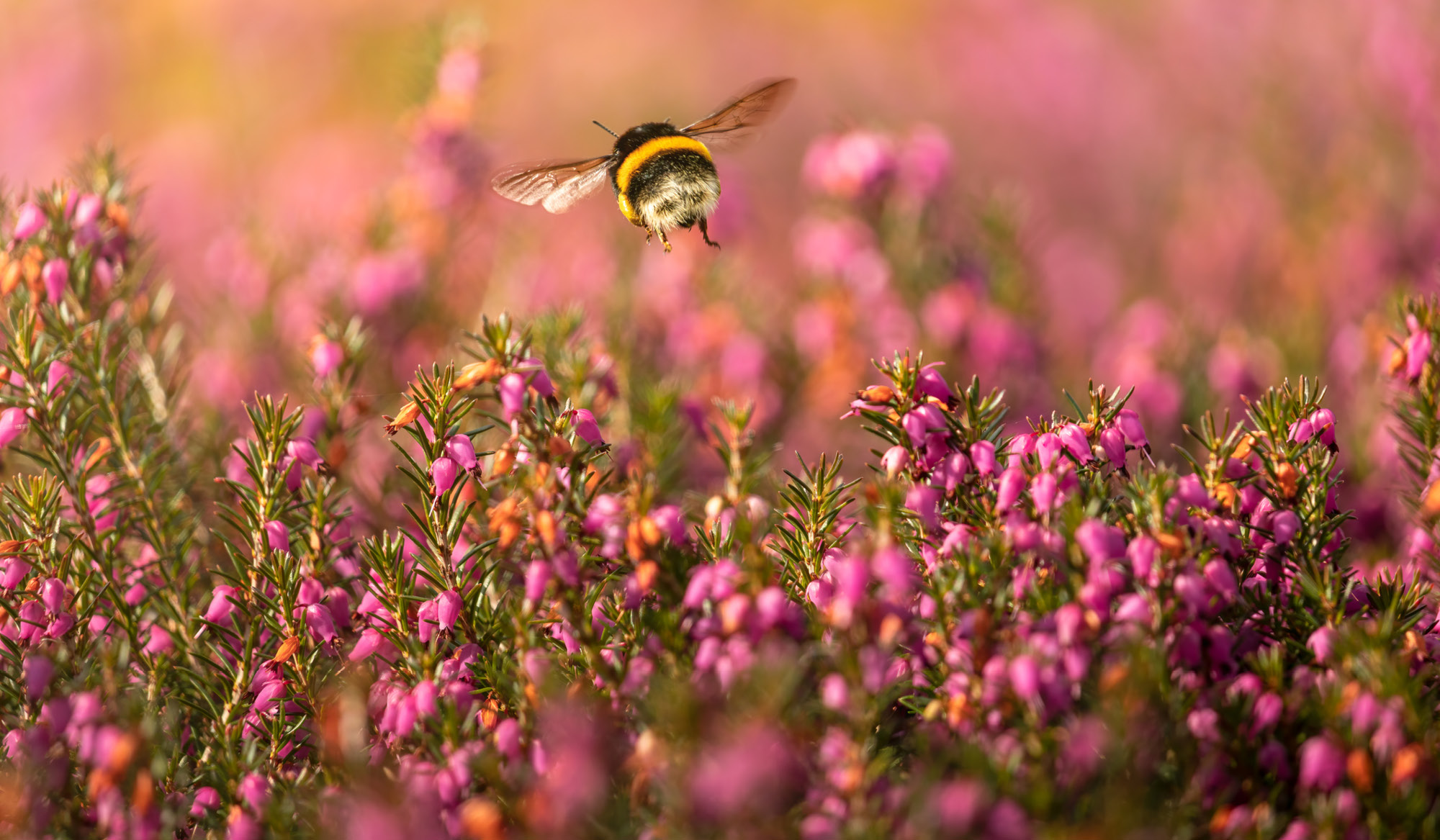
Switzerland has a high level of biodiversity. But it is endangered: 17% of all species are threatened with extinction or under severe pressure. Another 16% are considered vulnerable; their populations have shrunk by 30% in the last ten years. Action is needed.
Many ecologically valuable habitats have become smaller in recent decades and are less well connected. While these small areas are important for maintaining biodiversity, they are often isolated. «This is a problem for migratory species and for the conservation of genetic diversity», explains FOEN Deputy Director Franziska Schwarz. This is also evidenced by two reports (Biodiversity in Switzerland and Threatened Species in Switzerland), published by the Federal Office for the Environment (FOEN) on International Biodiversity Day. There is still much to be done to promote and protect biodiversity. And it is urgent, because a large diversity of species and genetics increases the chance that nature can adapt to extreme events such as drought and heat stress. This is more important today than ever before, knows FOEN Director Katrin Schneeberger: «A rich biodiversity also serves climate protection. Some progress has been made in recent years, but it is not yet enough to reverse the trend. We need the cooperation of all actors. »
Agriculture and settlement areas threaten the species
In recent years, agriculture has increased the amount of land devoted to biodiversity. This helps biodiversity. According to Schneeberger, however, further efforts are needed. The Federal Council also sees great potential in the settlement areas. The federal government is therefore responding with various measures.
Counterproposal to the biodiversity initiative aims to promote habitats
With its indirect counterproposal to the biodiversity initiative, the Federal Council wants to promote the quality and connectivity of habitats and promote nature in urban areas. In concrete terms, this means that more near-natural green and water spaces, urban forests, water areas or green roofs and facades should be provided for in spatial planning. More proximity to nature in cities is valuable for biodiversity and the population.
Promotion of renewable energies requires balancing of interests
The promotion of renewable energies requires a balancing of interests between protection and use, as the Federal Council explains. It therefore wants to focus the expansion on so-called «suitability areas». These are areas that are particularly suitable for expansion from both a production and a protection perspective.
Federal Council has been actively committed for more than ten years
The Federal Council has been actively committed to biodiversity for around ten years. In 2012, for example, it adopted the Swiss Biodiversity Strategy (SBS) with the aim of strengthening and preserving biodiversity and its diverse services in the long term. The strategy has been implemented in the SBS action plan since 2017. In 2022, it also adopted its indirect counterproposal to the biodiversity initiative for the attention of parliament.